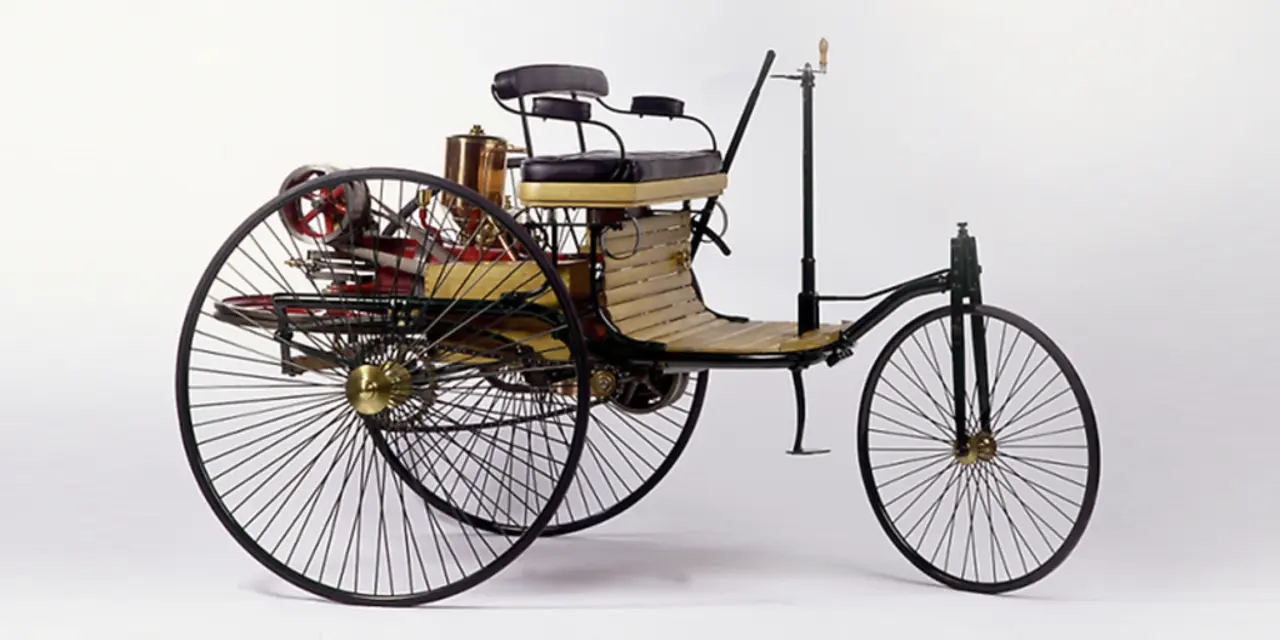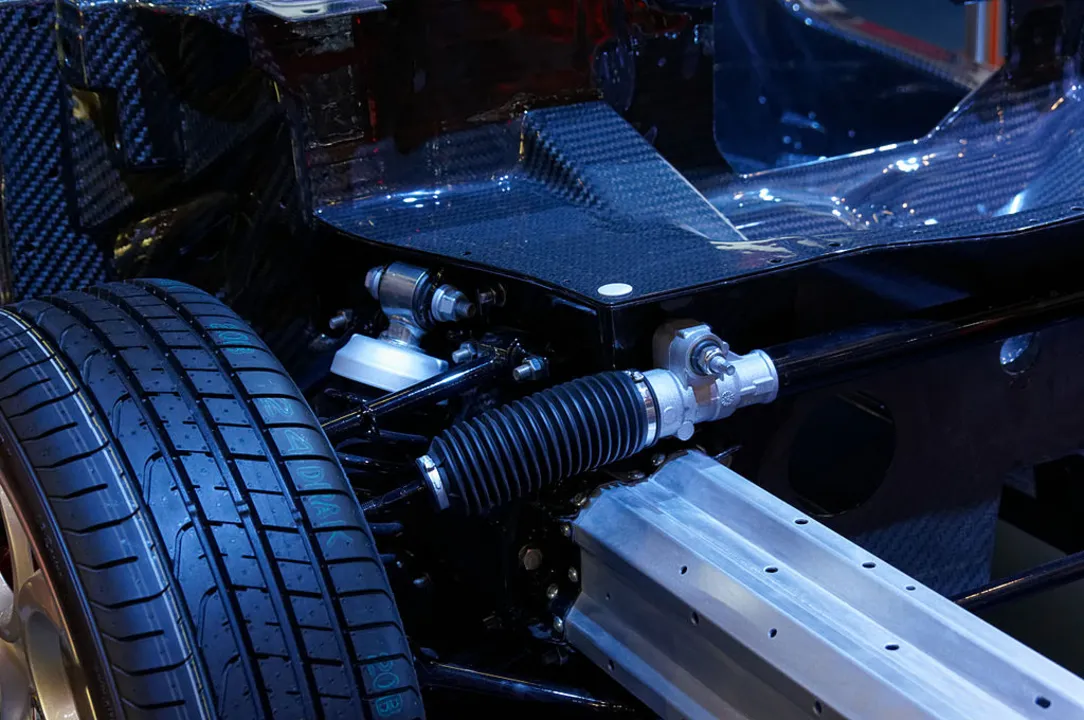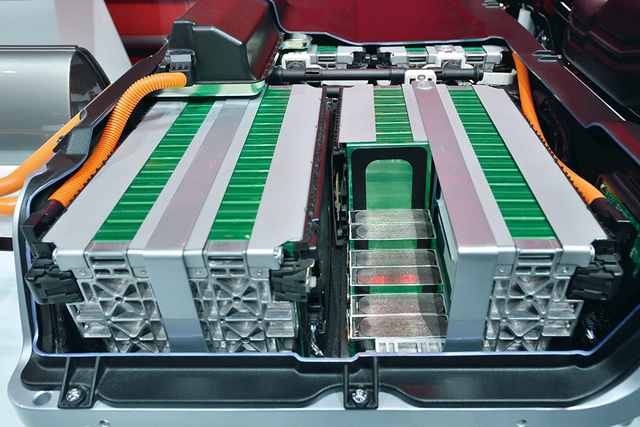The invention of the very first automobile is credited to German engineer Karl Benz in 1886. Benz was the first to create a vehicle that was powered by an internal combustion engine. His three-wheeled vehicle, known as the Motorwagen, was the first successful example of a gas-powered automobile. It was able to travel at a top speed of 16 km/h and Benz even patented the design in 1886. This design paved the way for the modern automobile, as Benz inspired many other inventors to continue to develop and improve the design. These advancements eventually led to the mass production of cars that we know today.
Automobiles and automotive are terms that are often used interchangeably, but they actually refer to two different things. Automobiles are the self-propelled, four-wheeled vehicles that are used for transportation, while automotive refers to the industry that is responsible for designing, manufacturing, and selling automobiles. Automobiles are the physical objects that people drive, while automotive is the industry that produces them. Automobiles have a variety of features, such as power, traction, and acceleration, while automotive is focused on the development and production of automobiles. In short, automobiles are the actual cars that people drive, while automotive is the industry that produces and sells them.
Automotive industries are increasingly turning to software to increase efficiency and reduce costs. Software solutions are now being used to manage everything from inventory control and customer service to marketing and sales. From computer-aided design and manufacturing to predictive maintenance and quality control, software solutions are becoming an essential part of the automotive industry. Cloud-based solutions are allowing for remote access and data sharing, while artificial intelligence and machine learning are enabling predictive analytics and automated decision-making. Automotive software providers are now offering comprehensive solutions that allow for seamless integration between different components of the automotive industry. As the automotive industry continues to evolve, software solutions are becoming increasingly important for businesses in this sector.
Oil is an important part of keeping an automobile running smoothly. There are many types of oil available for automobiles, each with their own benefits and drawbacks. The most common types of oil used in automobiles are conventional, synthetic, and high mileage. Conventional oil is the least expensive, but needs to be changed more often than the others. Synthetic oil is more expensive but provides the highest levels of protection and performance. High mileage oil is designed for older vehicles and helps to keep seals from drying out and reduce oil consumption. Ultimately, the type of oil you choose will depend on your budget, the age of your vehicle, and the level of performance you require for your vehicle.
A car is a type of vehicle typically used for transportation. It is typically fueled by an internal combustion engine, using various fuels such as gasoline, diesel, or alternative fuels. Cars can come in many shapes and sizes, from small hatchbacks to large luxury vehicles. Cars are typically equipped with safety features such as seat belts, airbags, and antilock brakes. They can also be fitted with a variety of comfort features such as air conditioning and sunroofs. Cars are a popular mode of transportation around the world, and have become an integral part of modern life.








